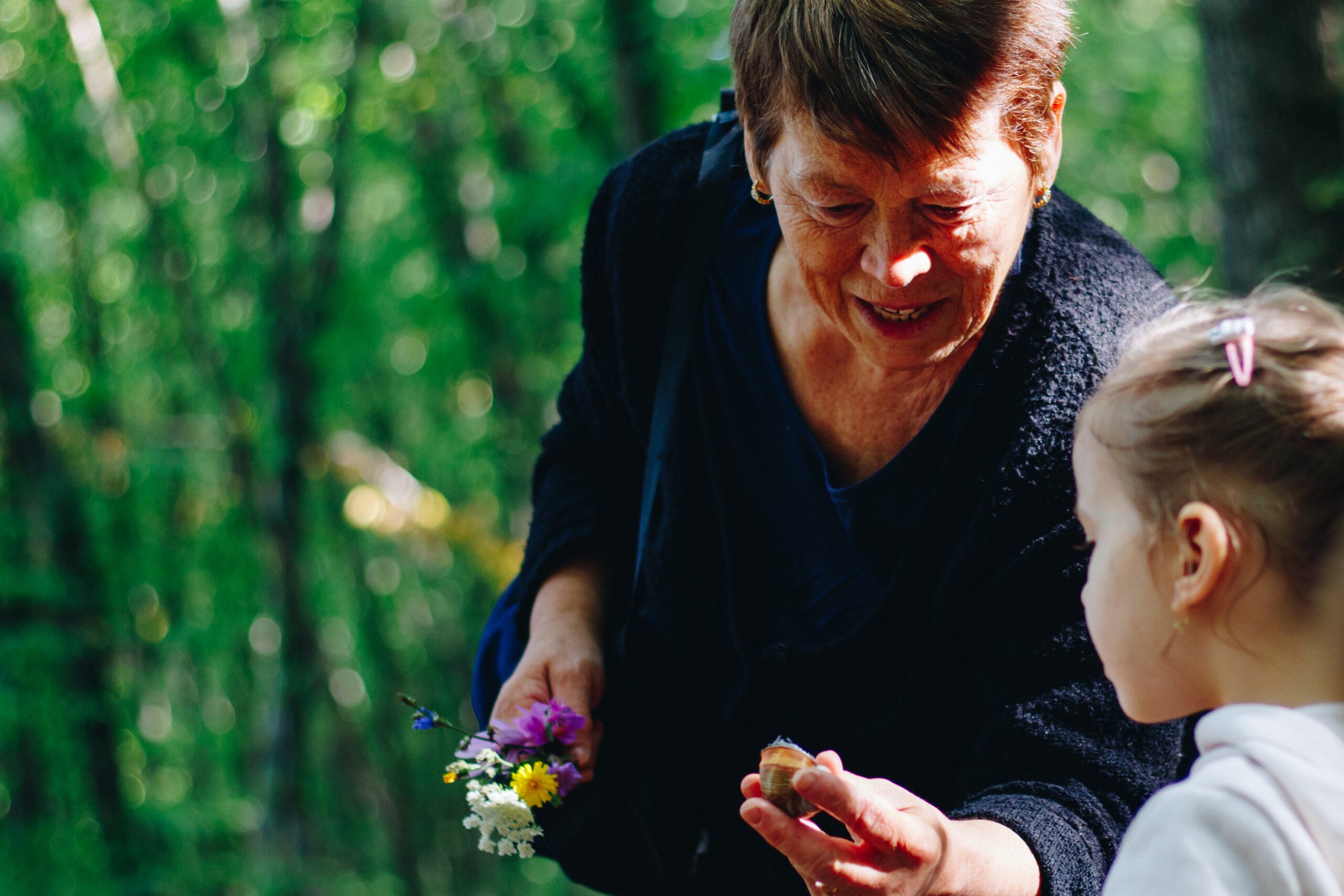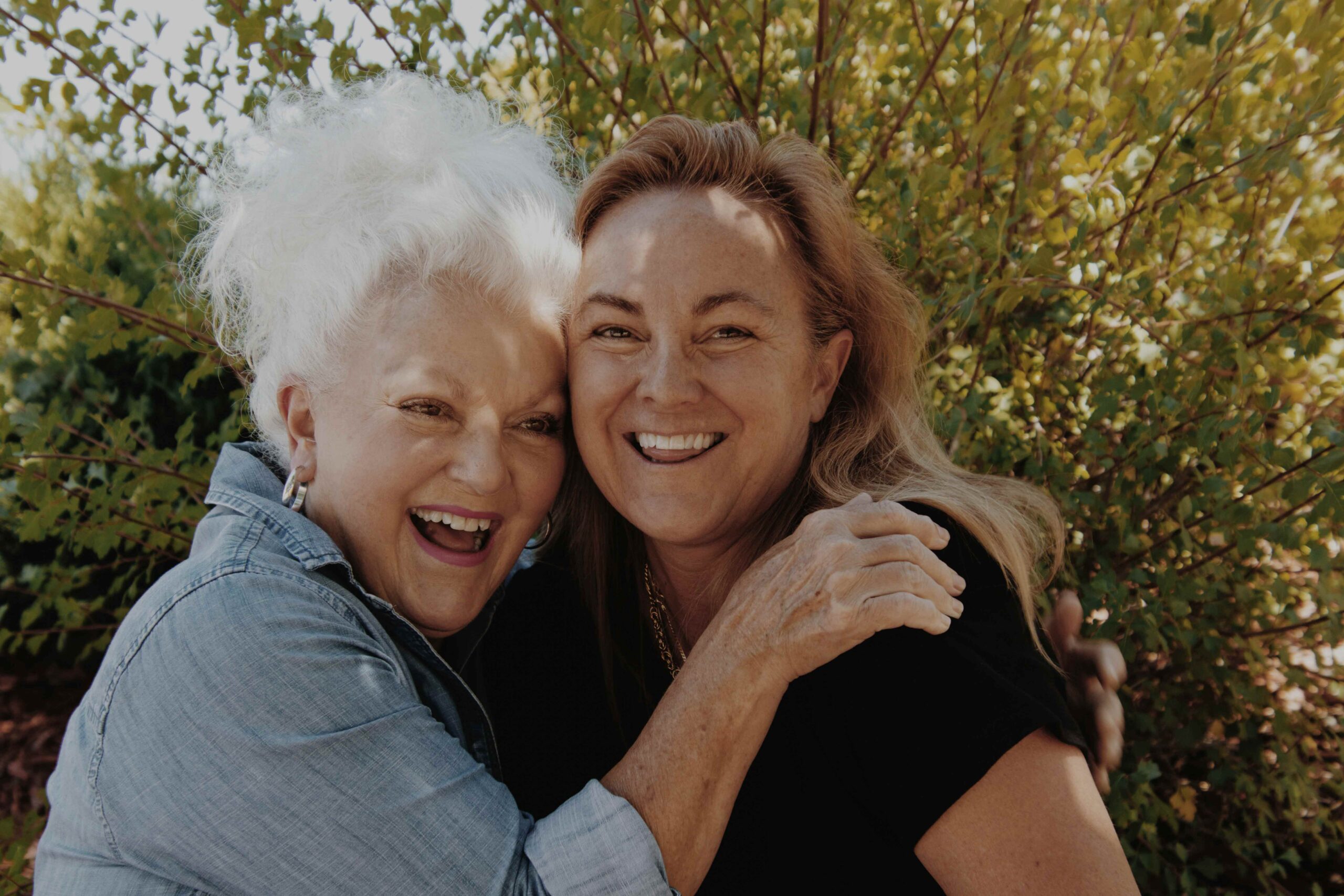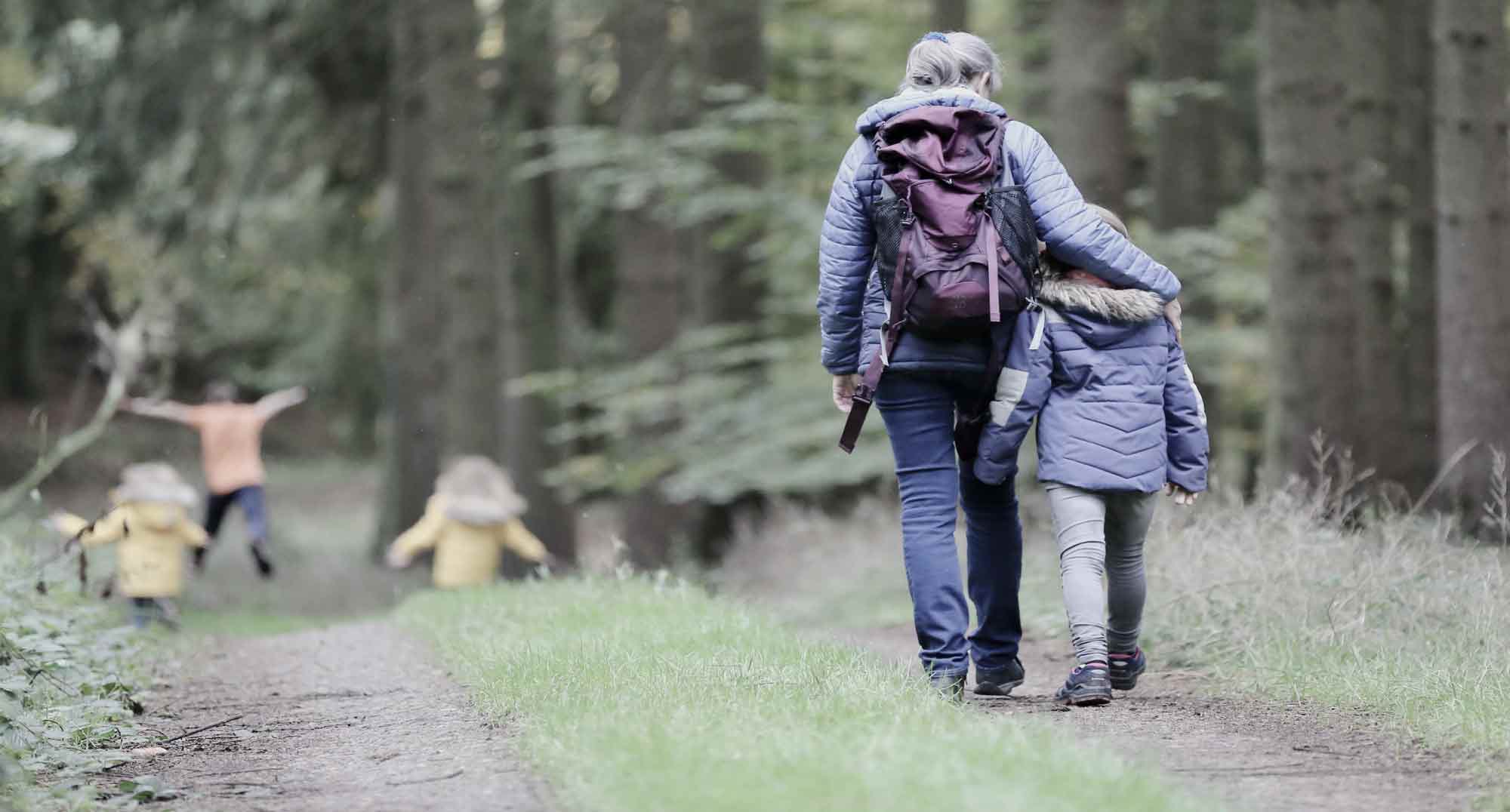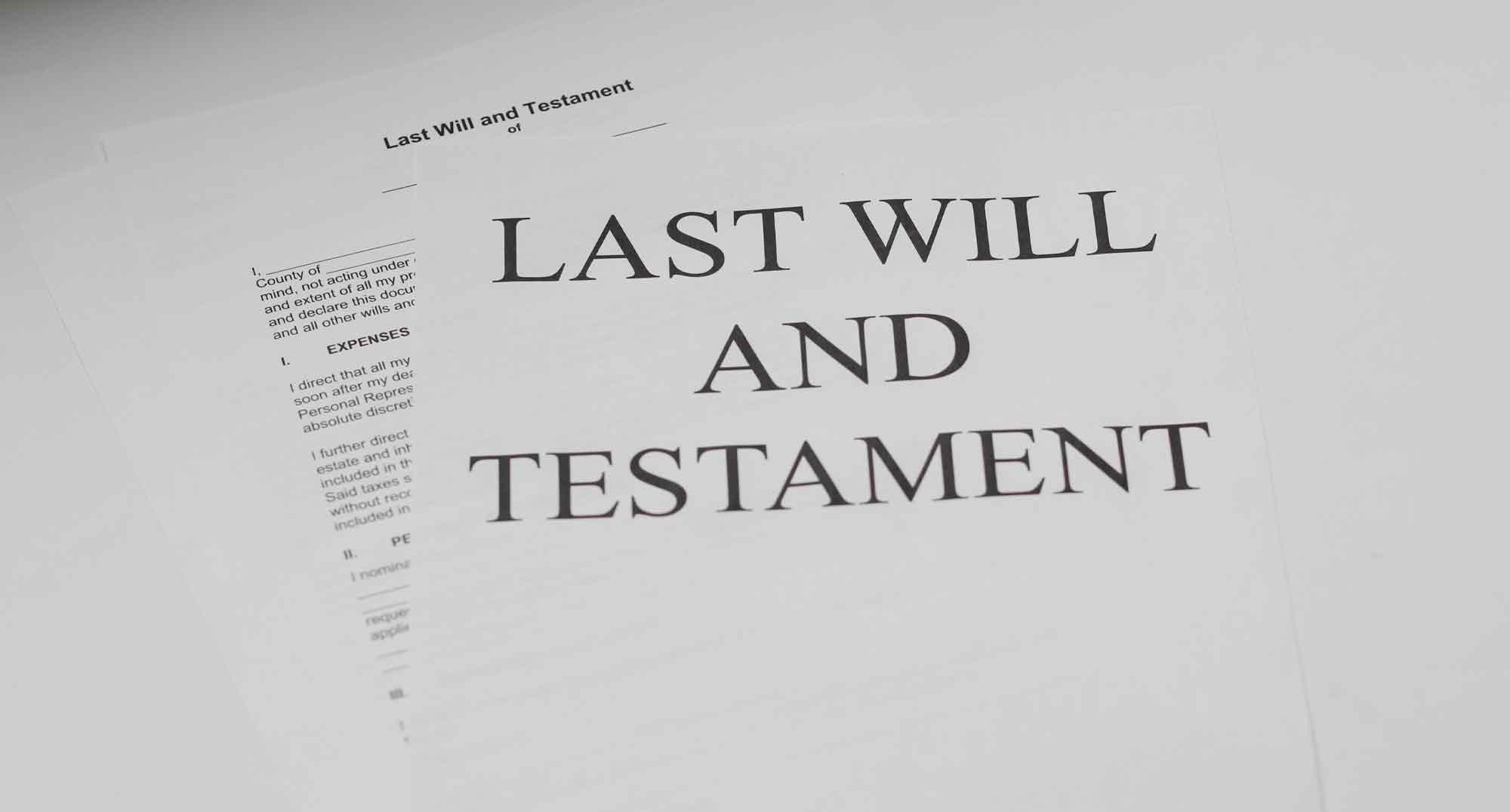Ambassador for Christ: An Occupation with No Early Retirement
ELIZABETH TURNAGE | CONTRIBUTOR Missionary Rose Marie Miller turned 100 years old on December 23, 2024. In an email update on January 1, 2025, she reflected on highlights of the previous year. Chief among them was a two-week trip to Southeast Asia, where she taught missionaries. In her teaching, she shared with the missionaries insights from Scripture, focusing on familiar characters like Adam and Eve, Sarah, and Hannah, demonstrating how “the gospel pervades all of Scripture.” After returning home to London, Rose Marie fought a chest infection for the next two months. She wrote, “I was weak in body and soul and wasn't sure I would make it to 100.” Describing this as a “time of testing,” she humbly explained, “I would not take credit for what God did.” Few of us will live to be 100 years old; even fewer 100-year-olds will have the energy to travel internationally to teach the gospel. Yet, we will always be ambassadors for Christ; this calling comes with no retirement age. The Role of Christ’s Ambassadors By definition, an ambassador represents a country or organization and is tasked with creating relationships with foreign entities, promoting the interests of the home entity, and engaging in diplomacy. In 2 Corinthians 5:20, the apostle Paul describes himself and his fellow believers “ambassador(s) for Christ.” As Christ’s ambassadors, we represent Christ’s kingdom, our heavenly homeland, to those outside it. As Christ’s ambassadors, we promote the interests of our heavenly country by sharing its beauty with citizens of the world. As Christ’s ambassadors, we engage in diplomacy to advance the purposes of our heavenly country...










